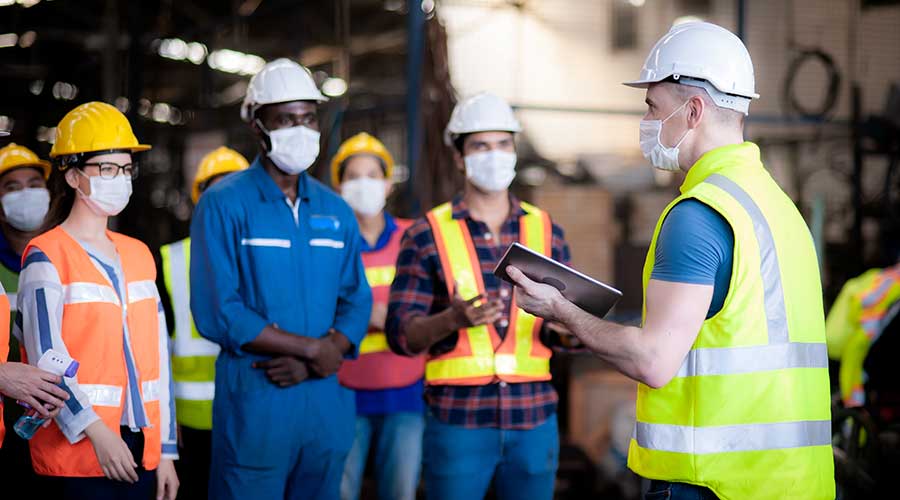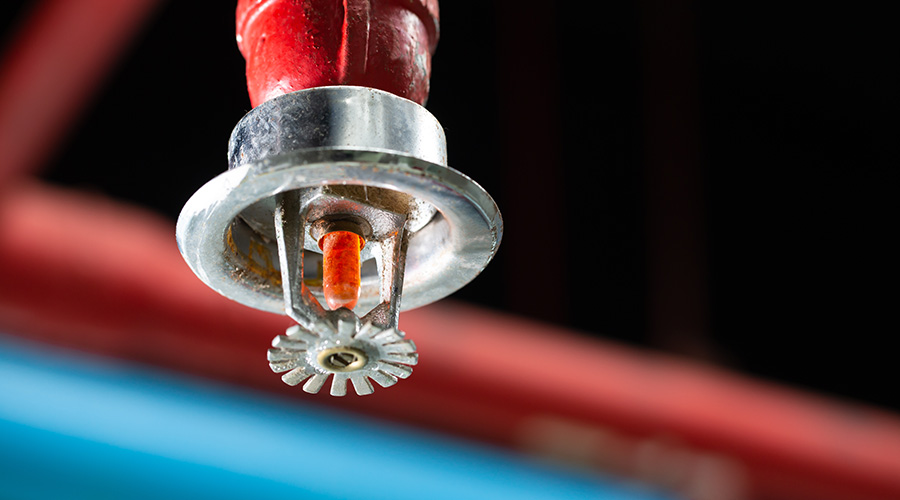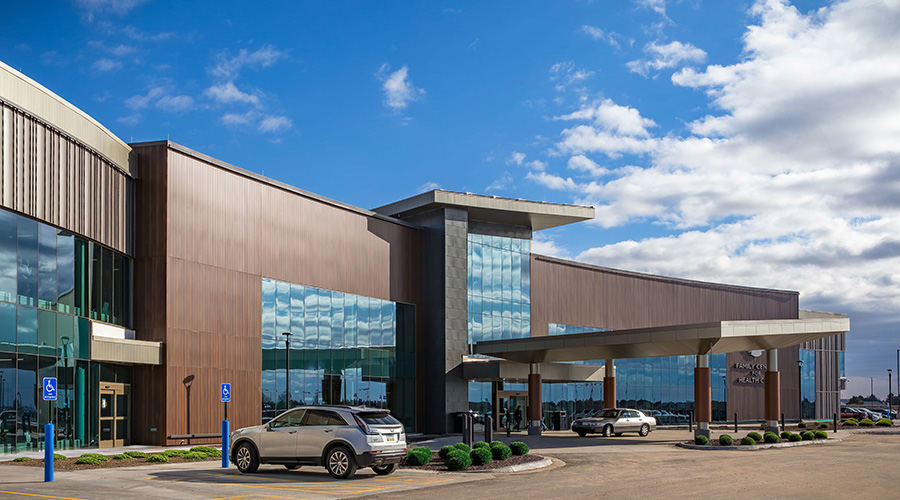Safety is important when working with any mechanical system, including water heaters. There are a few things healthcare facility managers should be aware of when working with them. In this manufacturer roundtable, Healthcare Facilities Today speaks with water heater manufacturers about what safety hazards facility managers should be aware of with their water heaters.
What are some safety hazards healthcare facility managers should be aware of for water heaters?
“Rinnai products are thoroughly tested and very safe water heating solutions. It is very important that they are installed by a trained professional who is familiar with the technology. Rinnai has a national network of residential and commercial plumbers that have been through three levels of product training and are experienced in installing and servicing the products.”
— David Frederico, senior director of marketing, Rinnai
“Healthcare facilities should be aware of piping “dead zones” or areas of limited water use. Stagnant water in piping allows for bacterial growth. In addition, unsafe temperatures (too high or improperly mixed) should be avoided to prevent scalding.”
— Mike Henry, Trainer III, Rheem
“The benefits of tankless systems in mitigating the occurrences of Legionella and other harmful bacteria are well documented. Here’s a lesser-known caution: facility managers should ensure that their water heaters are ASME certified. This provides invaluable assurance of the water heater’s safety, particularly when a property needs 200,000 BTUs or more.
Some manufacturers promote the use of smaller rack-mounted redundant units to bypass this safety requirement. However, we feel that this is just a means to ignore the ethical liability of ensuring the facility’s safety. Using a properly sized ASME-certified unit reduces installation costs, operational costs, and maintenance costs while providing an important shield of liability for healthcare operations.”
— Amy Turner, director of marketing, Intellihot
“Any water or space heating appliance by its very nature has some safety considerations for facility managers to be aware of but these should be mitigated if the system is properly and professionally sized, installed, operated, and maintained based on the manufacturer’s specifications and recommendations.”
— Dustin Bowerman, senior director of field services, Bradford White Corporation
Jeff Wardon, Jr. is the assistant editor for the facilities market.

 Fire Protection in Healthcare: Why Active and Passive Systems Must Work as One
Fire Protection in Healthcare: Why Active and Passive Systems Must Work as One Cleveland Clinic Hits Key Milestones for Palm Beach County Expansion
Cleveland Clinic Hits Key Milestones for Palm Beach County Expansion Emanuel Medical Center Caught Up in Data Breach
Emanuel Medical Center Caught Up in Data Breach Assisted Living Facility Violated Safety Standards: OSHA
Assisted Living Facility Violated Safety Standards: OSHA McCarthy Completes Construction of Citizens Health Hospital in Kansas
McCarthy Completes Construction of Citizens Health Hospital in Kansas